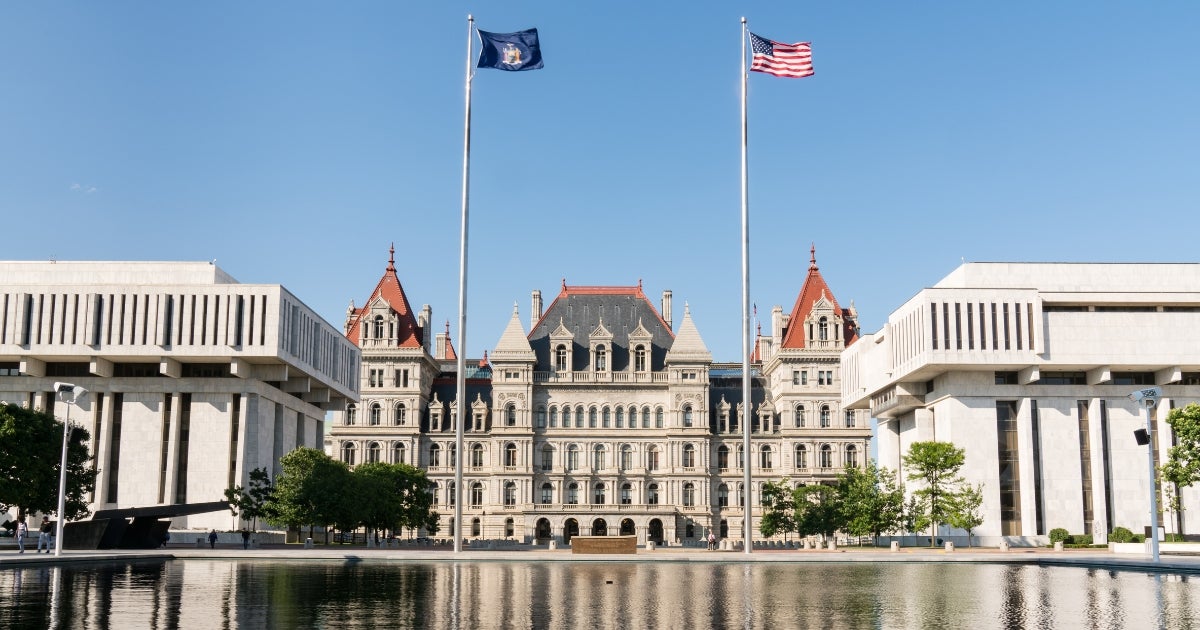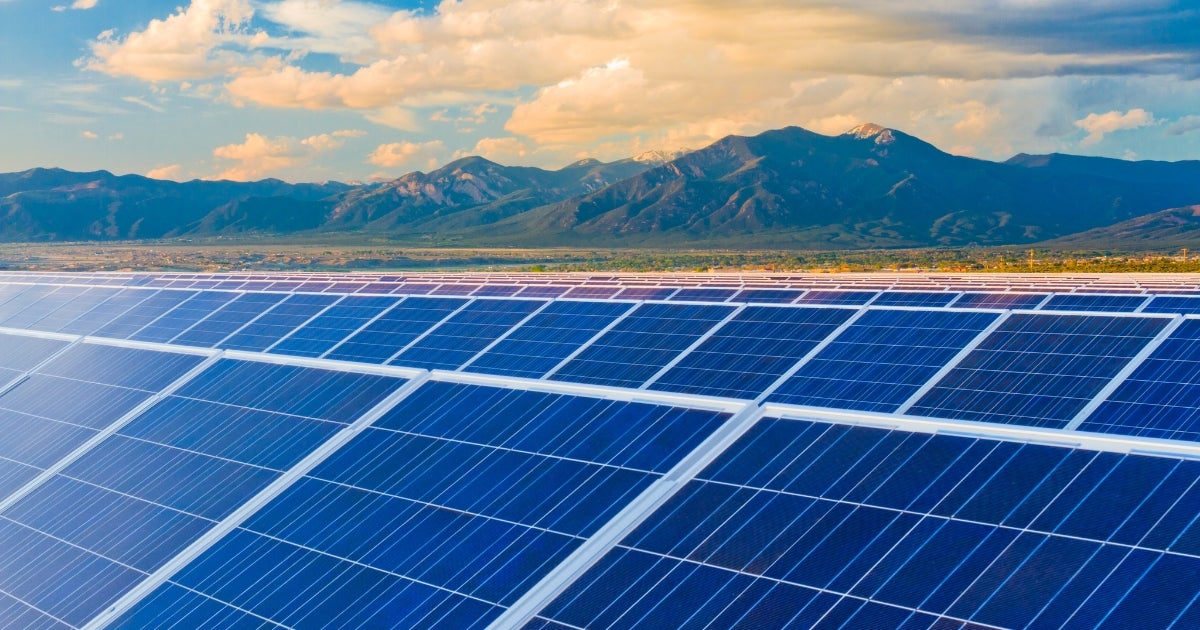
As the New York legislature’s budget deliberations drag well into April, they still have the opportunity to pass a budget that would pave the way for the state to have one of the most ambitious and equitable climate programs in the country.
Right now, a bold cap-and-invest program is on the table as part of the state’s ongoing budget discussions. In December 2022, the Climate Action Council, a group of experts and stakeholders charged with developing a plan to meet New York’s climate goals, chose cap-and-invest as a key option to advance because it marries ambition, affordability and equity. The program would set an overall limit—or cap—on the state’s emissions that lowers over time, with the aim of reaching New York’s statutory climate goals, a 40% reduction in emissions by 2030, and at least 85% from 1990 levels by 2050. Major polluters under the cap would pay for their limited emissions through allowances. As the cap lowers over time, so would the number of available emissions allowances, incentivizing businesses to make cost-effective decisions on how to cut their pollution—which supports the overall affordability of meeting NY climate targets—such as investing in cleaner sources of energy. Alongside tackling climate change, the program can center equity by putting in place guardrails that protect disadvantaged communities (DACs) from local pollution and by directing revenues raised to these communities and other low- and middle-income communities.
The Assembly should support legislation in the budget that directs the Department of Environmental Conservation (DEC) to make this proposal a reality and develop a robust cap-and-invest program with built-in programs to ensure affordability, protect and prioritize DACs and support clean energy investments alongside other critical climate policies like NY HEAT.
Here are three reasons why acting now can create a safer, healthier, and more affordable future for New Yorkers.
1. Legislative direction on the use of cap-and-invest revenues is the best way to ensure affordability and equity.
Passing a budget that provides clear direction regarding how to spend cap-and-invest revenues is critical for ensuring that these funds are used in ways to enhance affordability and equity, including by:
- Establishing rebate programs to directly defray any near-term cost increases New Yorkers may face, with a priority for directing those funds to DACs and other low- and middle-income New Yorkers who are the most vulnerable to any price increases.
- Directing funds—again with prioritization for investments in DACs—toward energy and climate projects that will lower costs and reduce exposure to pollution for New Yorkers. For example, energy efficiency and low-cost renewable electricity can lower energy burden, and public transit investments can reduce transportation costs.
- Funding just transition initiatives for workers and establishing high-road labor standards to ensure that clean energy jobs provide workers with security and good wages and to protect fossil fuel industry workers from being left behind as the state transitions toward new clean technologies.
2. This is the chance for the legislature to provide guidance on protection for DACs in a cap-and-invest program.
While the Climate Leadership and Community Protection Act (CLCPA) includes statutory requirements to reduce emissions in DACs and provides general principles for how DEC should design cap-and-invest to protect and prioritize DACs, more specific direction to DEC is warranted regarding the need to ensure that a cap-and-invest program specifically—as distinct from the state’s climate actions more generally—must be designed to prioritize pollution cuts in DACs. While we believe that many of the specific program design details can be addressed through the regulatory process, guiding principles are needed. For example, the legislature should explore whether to include specific program design elements such as limiting emission allowance purchases by facilities located in DACs. However, in doing so the legislature should ensure that DEC maintains a level of authority capable of delivering a cap-and-invest program that is able to both put in place strict guardrails to protect DACs and develop a program capable of supporting lower-cost and deeper emission reductions than would be possible without a cap-and-invest program in place.
3. Combining legislative direction on cap-and-invest with complementary policies to decarbonize buildings and support long-term affordability will bolster a cap-and- invest program and target equitable outcomes.
A cap-and-invest program is important to limit total pollution with the greatest possible certainty, and with some program flexibility cap-and-invest can also reduce the total cost of meeting New York’s climate goals–thereby increasing affordability. However, complementary policies are also critically important for accelerating emission reductions in key sectors and can further help reduce long-term costs by supporting the transition to energy efficiency and lower-cost clean energy. To that end, the legislature should pass programs like NY HEAT and All-Electric Buildings alongside guidance on cap-and-invest. These programs would help address New York’s largest emitting sectors and support long-term affordability by limiting costly, decades-long investments in fossil fuel infrastructure.
Now is the time for the legislature to act. There are less than seven years until 2030 and significant policy interventions are still required to cut pollution in line with the state’s CLCPA goals. The legislature has the opportunity not only to ensure the Department of Environmental Conservation, Public Service Commission, and other state regulators have all the authority and tools they need, but also to provide enormous benefits to New Yorkers by establishing the policies necessary to make the clean energy transition affordable, equitable, and just for working families.















